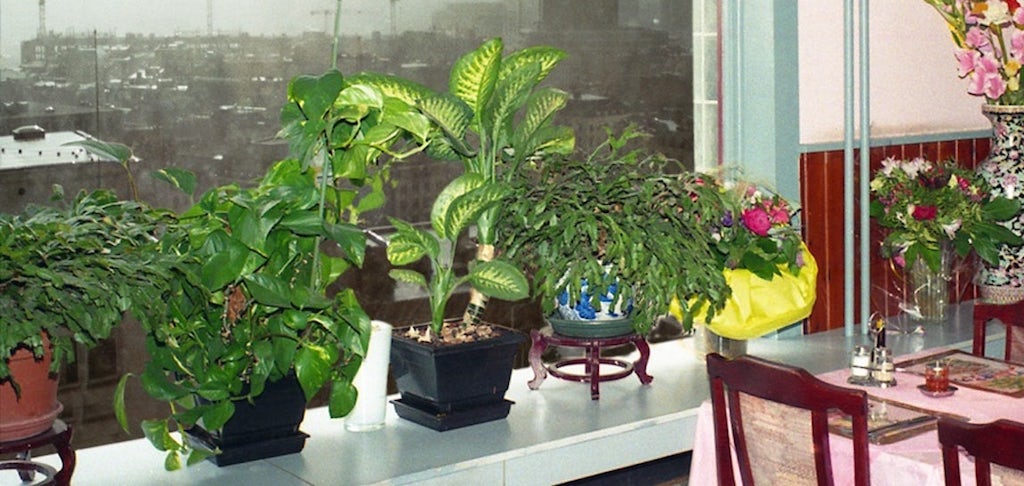Personal statement on the international #2: Learning how to say ‘No’.

To complement the research and reflection done in this trajectory we hosted inspiration sessions to discuss the alternative and sustainable ways of working internationally in the arts. Visual artists Phillip Van den Bossche (Director and curator Mu.ZEE), artist Kris Verdonck, Ils Huygens (curator Z33) and Simon Delobel (trampoline Gallery) presented their cases and shared their experiences. To conclude, we asked them to write down a personal statement.
Dit artikel is enkel beschikbaar in het Engels.
After a premiere, a long tour and, on top of that, a large exhibition in a foreign country, my team demanded a couple of months’ break to get together and think how to move forward. It was not an obvious decision, but we made it. How can you find a healthy balance between participating in the international circuit to remain visible and informed, on one hand, and keep a healthy team and a responsible ecological footprint on the other?
Long-term relationships that are built up as you go along have made way for fragmented and short-term relationships that leave you, as an artist, increasingly vulnerable. Moreover, tours are more difficult to organize because of the ‘shopping behaviour’ of many curators and programmers. In recent years, we have noted that where you used to be invited for a series of performances, you are now being invited for a single evening. As a result, we drove three large trucks to Thessaloniki with a team of nearly 20 people to do a single performance.
For A Two Dogs Company, presenting ourselves and our work in Europe and other continents is important. Today, we perform primarily in neighbouring countries, so the costs in human energy and our ecological footprint are relatively low. Performing more in a single country or region is an option, but from a production and organizational standpoint, it still remains difficult. The core question is whether accepting an invitation to perform somewhere out of the country is in fact worth the investment in terms of human energy and the ecological footprint it leaves behind.
As an artist and as a company, you need to take that framework of considerations into account in order to sustain working internationally. Criteria are needed to correctly assess the factors involved: the ecological footprint, the human effort on the parts of the artist and his/her team, the nature of a contract (long-term or one-shot deal), the inspiring feedback of the audience, the international recognition that it produces, economic aspects such as income and the chance of a performance generating new professional contacts. Saying ‘no’ to a project can have a negative impact in economic terms. As a subsidized company, you cannot simply reduce your activities in other countries because of personal welfare or ecological considerations. For many artists, creating a break in the schedule to ask these urgent questions has become a necessity.


